Search
Research
Reduction in disparity for pneumonia hospitalisations between Australian indigenous and non-Indigenous childrenIn the 1990s pneumonia hospitalisation rates in Western Australia (WA) were 13 times higher in Indigenous children than in non-Indigenous children...
Research
Ontogeny of toll-like and NOD-like receptor-mediated innate immune responses in Papua New Guinean infantsStudies addressing the ontogeny of the innate immune system in early life have reported mainly on Toll-like receptor (TLR) responses in infants living in...
Research
Genetic susceptibility to otitis media in childhoodReviewed in this article these studies have identified positive association at 21 genes with association at five of these replicated in independent populations.
Research
Universal paediatric refugee health screeningIn this note we briefly outline our recent experience with paediatric refugee screening in Western Australia (WA) based on the frameworks outlined previously.
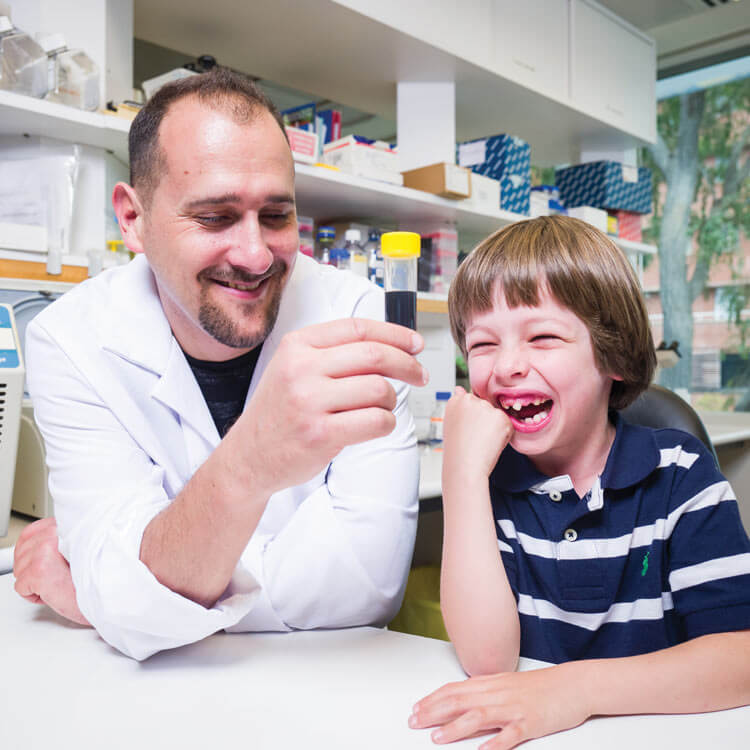
Thanks to an enabling donation from the Stan Perron Charitable Foundation, The Kids Research Institute Australia is home to one of the first paediatric personalised medicine research centres in the world.
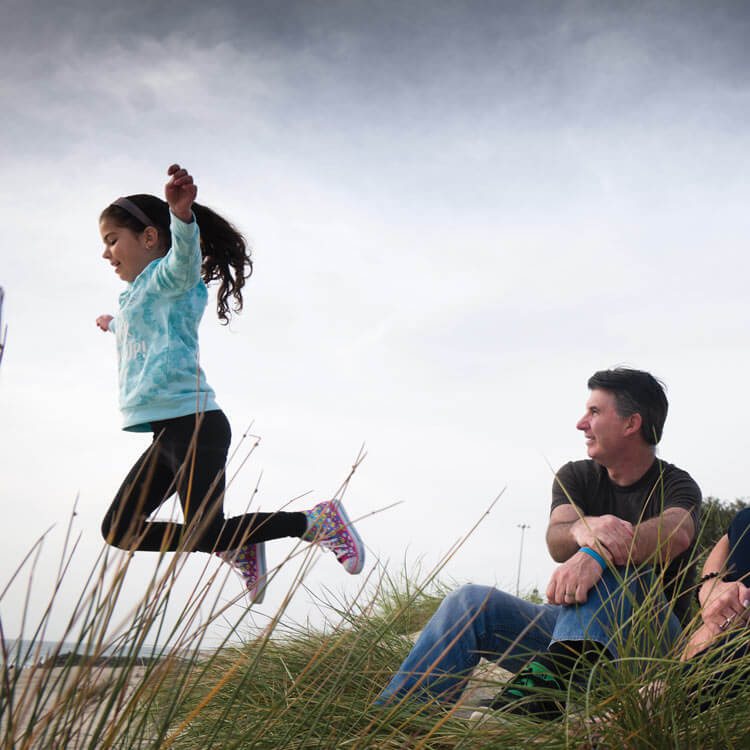
Hope ahead for children with CF, as life expectancy continues to grow thanks to research.
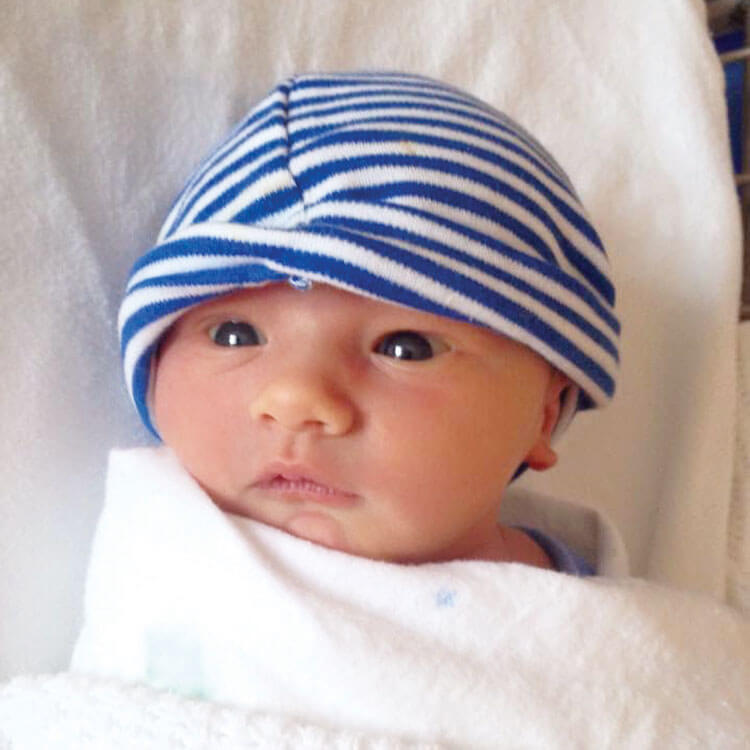
The quest to stop infectious diseases from killing our kids
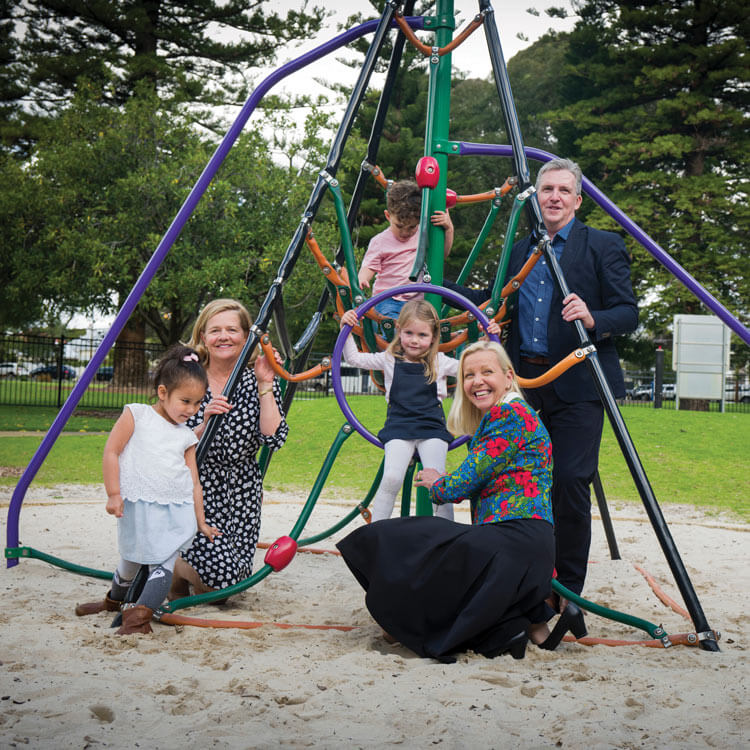
Minderoo Foundation and The Kids join forces to give children the best possible start.
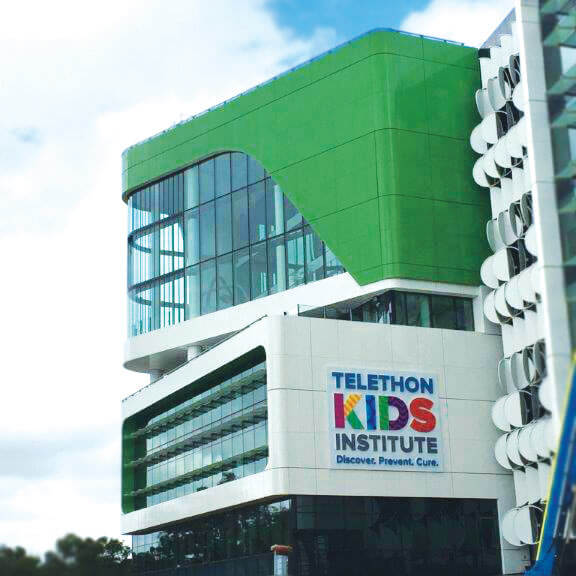
In anticipation of moving to our new home within the Perth Children’s Hospital, The Kids would like to thank both the State and Federal governments for fun
The essential facts that all parents should know
